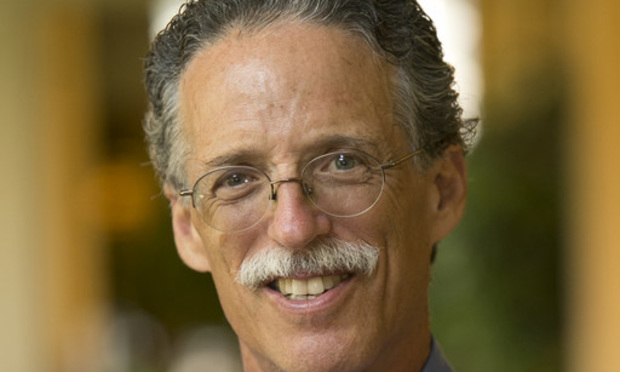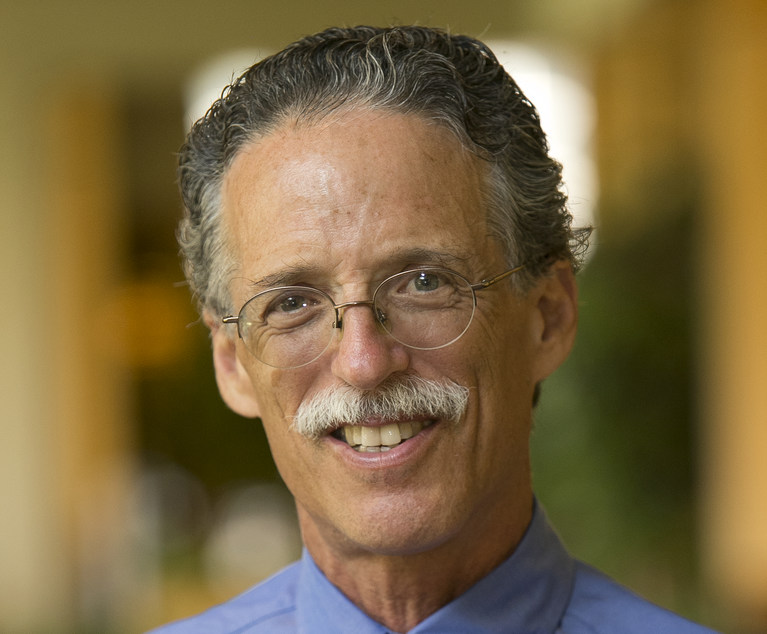A quartet of decisions regarding expert testimony, two from the Pennsylvania Supreme Court and two from the Superior Court, limit the role of the judge and the types of questions a witness may be asked.
The most important is the July 20 holding in Walsh v. BASF, 234 A.3d 446, 2020 Pa. LEXIS 3794, CCH Prod. Liab. Rep. P20,930. The trial judge in that case delved into the scientific articles the plaintiff expert relied on and found, in effect, that they did not sufficiently support the expert’s conclusions—in the words of the Supreme Court, that “the reports and studies he cited did not support the contention that low level exposures of benzene could cause AML.”
This content has been archived. It is available through our partners, LexisNexis® and Bloomberg Law.
To view this content, please continue to their sites.
Not a Lexis Subscriber?
Subscribe Now
Not a Bloomberg Law Subscriber?
Subscribe Now
LexisNexis® and Bloomberg Law are third party online distributors of the broad collection of current and archived versions of ALM's legal news publications. LexisNexis® and Bloomberg Law customers are able to access and use ALM's content, including content from the National Law Journal, The American Lawyer, Legaltech News, The New York Law Journal, and Corporate Counsel, as well as other sources of legal information.
For questions call 1-877-256-2472 or contact us at [email protected]


 Jules Epstein
Jules Epstein




